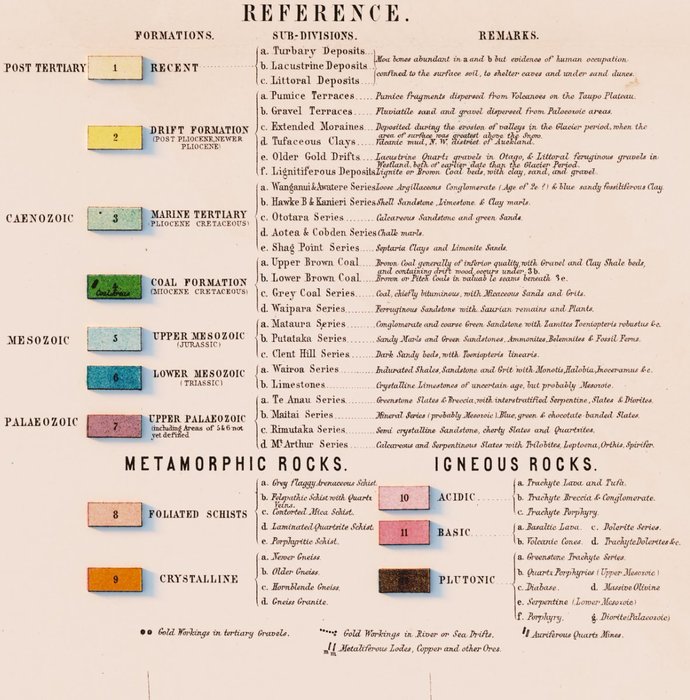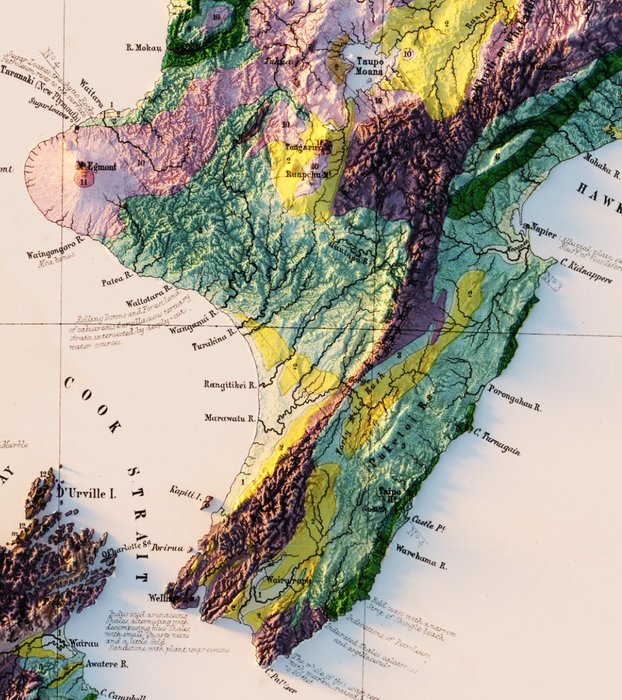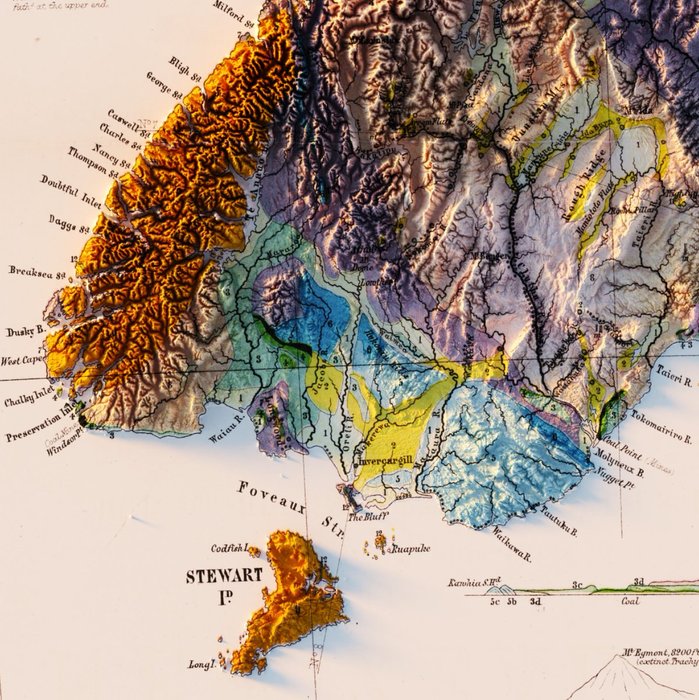Sublime
An inspiration engine for ideas




The following spring they sailed for the coast of present-day Colombia, to the mouth of the Magdalena, by which, for the next fifty-odd days, they headed south again, deep inland for hundreds of miles against the current, as far as an outpost called Honda. Before them stood the cordillera of the Andes. They left the river and went overland to
... See moreDavid McCullough • Brave Companions
Phosphorus is only part of the story. Mycorrhizal fungi deploy acids and high pressure to burrow into solid rock. With their help, plants in the Devonian period were able to mine minerals like calcium and silica. Once unlocked, these minerals react with carbon dioxide, pulling it out of the atmosphere. The resulting compounds – carbonates and
... See moreMerlin Sheldrake • Entangled Life: How Fungi Make Our Worlds, Change Our Minds and Shape Our Futures
Using notes from Captain Frederick Bailey, a British secret agent who’d stumbled across a hidden valley in Tibet in the 1930s while reconnoitering with rebel groups in Asia, Fisher helped locate the fabled Kintup Falls, a thundering cascade that conceals the entrance to the deepest canyon on the planet. From there, Fisher moled his way into lost
... See moreChristopher McDougall • Born to Run
it may be better to call the last 70,000 years the Anthropocene epoch: the epoch of humanity. For during these millennia Homo sapiens became the single most important agent of change in the global ecology.5
Yuval Noah Harari • Homo Deus
The legacy was truly amazing. His work on fish, the initial research on glaciers, the impact of his writing on the Ice Age, the zest and glamour he brought to American culture at a critical moment, were all contributions of the first order. His beloved Museum of Comparative Zoology—the Agassiz Museum, or simply the Agassiz, as it came to be known
... See moreDavid McCullough • Brave Companions
Walking the edge between humanity and nature, scientific curiosity guides the river of inquiry while also pushing against the banks to expect the unexpected.
Perry Zurn • Curious Minds: The Power of Connection
in Fawcett’s day the Society was helping to engineer one of the most incredible feats of humankind: the mapping of the world. Perhaps no deed, not the building of the Brooklyn Bridge or the Panama Canal, rivals its scope or human toll.